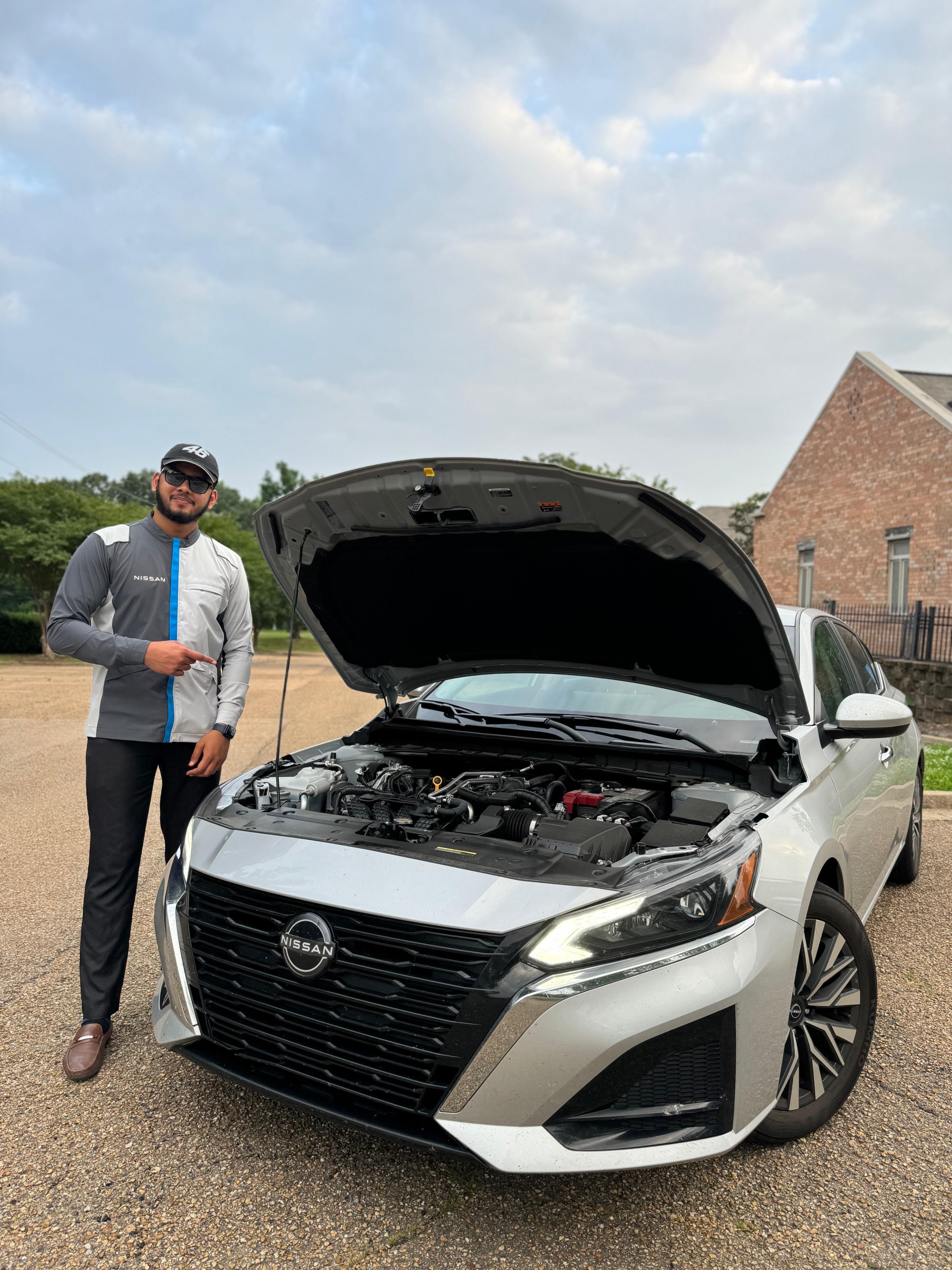Student Stories
Mechanical Engineering Co-Op Story: Nissan North America

Sricharan Ramalakshm
Mechanical Engineering
What company or organization did you co-op with and where are they located?
I did a Co-op in Nissan North America located in Canton, Mississippi as a Quality Engineer.
How did you identify and apply for your co-op? Are there any specific resources you used to find the opportunity (i.e. Handshake, career fairs, other recruitment events)?
I applied through a referral and was called for an interview.
What was the application process like?
It began with a recruiter call followed by a hiring manager technical screening and the final round was a panel interview with 5 people.
Tell us about your co-op experience. What types of tasks and projects did you engage in? Was there a particular project or part of the experience you learned the most from?
During my internship, I gained invaluable practical experience that significantly enhanced my understanding of how theoretical knowledge applies in real-world scenarios. One of the key skills I developed was people management. In the tech industry, solving problems often requires collaboration and support from various stakeholders. This experience taught me the importance of working effectively with others to achieve a common goal.
One project I’m particularly proud of involved developing and prototyping a check fixture to detect partial connections in components. I was tasked with designing a solution to identify loose connections, which required me to take initiative and manage several aspects of the project. I engaged with different teams to gather data, collaborated with colleagues to refine the design, and ensured the fixture was completed promptly. This project was successfully implemented in Nissan’s suppliers’ production line, demonstrating not only my technical skills but also my ability to coordinate and communicate effectively within a team.
This experience reinforced the importance of being both efficient and effective, and it underscored the value of cross-functional collaboration in achieving impactful results.
In what ways did your co-op experience help you prepare for your next destination after Auburn?
My internship experience was instrumental in preparing me for my career after Auburn. It provided me with hands-on experience that bridged the gap between academic theory and practical application.
The internship allowed me to apply theoretical concepts from my coursework in real-world scenarios. This hands-on experience with designing and prototyping, especially the development of the check fixture, enhanced my problem-solving skills and technical proficiency.
The internship provided valuable insights into the industry, including the operational and technical standards of leading companies like Nissan. This knowledge has given me a clearer understanding of industry practices and expectations, better preparing me for future roles in the tech and manufacturing sectors.
In what ways did your coursework or other experiences at Auburn prepare you for your co-op work experience? Are there specific topics or skills you learned from classes that you put into practice on the job?
My coursework and experiences at Auburn University provided a solid foundation that greatly prepared me for my internship. Courses such as Experimental Mechanics, Mechatronics, and Manufacturing of Polymeric Structures offered a deep understanding of engineering principles and methodologies. This theoretical background was crucial for tackling technical challenges during my internship, particularly in the design and prototyping phases
Courses that covered Database Management System and Data Mining taught me how to analyze and interpret data. This skill was crucial for collecting and analyzing data during the prototype development, ensuring the fixture met performance standards.
Group projects and presentations in my coursework helped me develop strong teamwork and communication skills. These experiences prepared me for effective collaboration with different teams and stakeholders during my internship.
Are there specific topics or skills you learned from class that you put into practice on the job?
The principles of Experimental Mechanics were vital when testing and validating the check fixture. Understanding how to set up experiments, collect accurate measurements, and analyze results ensured that the prototype performed as expected and met the required specifications.
Do you have any advice for other students seeking an experience like yours?
It’s hard because nobody talks about the number of rejections they faced before getting an offer. It is important to be persistent and consistent. Remember all it takes is ONE YES. Keep learning, and develop the skills needed in the industry. Learn from the mistakes. Be better than yesterday and you will definitely land a job tomorrow.

